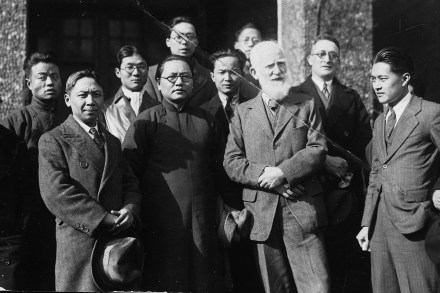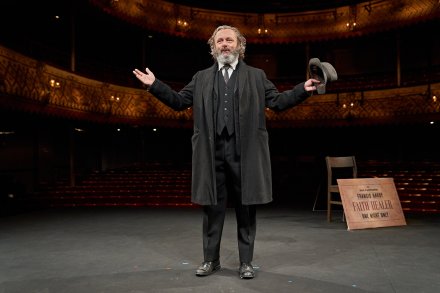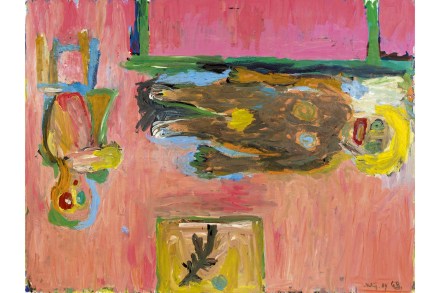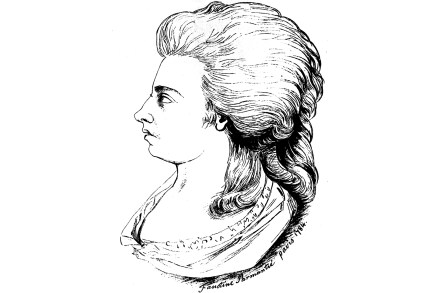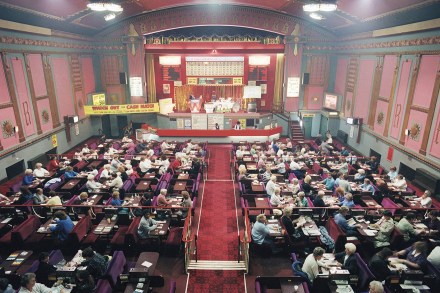Does Rada seriously believe George Bernard Shaw was an Irish Mengele?
What has happened to Rada? The Royal Academy of Dramatic Art is the latest arts establishment to have gone mad. In the summer, it issued a self-flagellating public statement that it was institutionally racist and would ‘decolonise the curriculum and end racism’. The ‘actor-vists’ are clearly unhappy with the place. They should all be busy learning how to be heard at the back of the stalls. But these days, the enunciation course has a ‘d’ in front of it. The student body — or a noisy part of it — is now calling for a purge of the school’s illustrious benefactor, George Bernard Shaw, after whom one of the school’s
